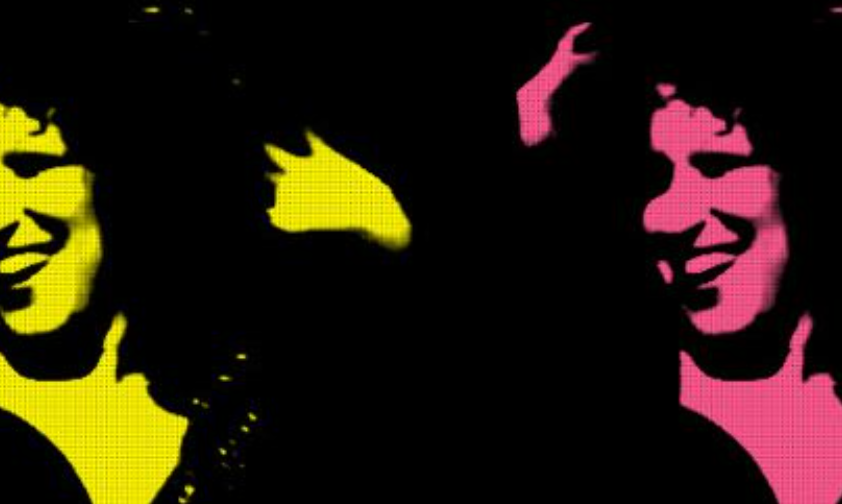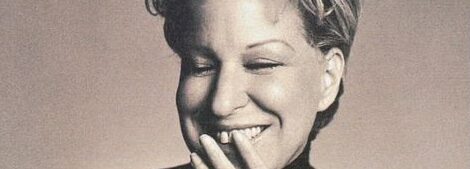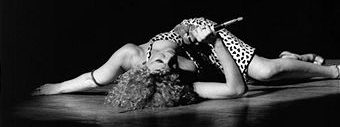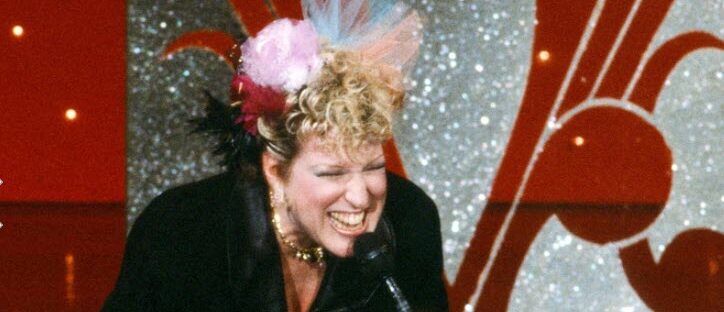inkNews
It Was 50 Years Ago — ‘Boogie Woogie Bugle Boy’
By Randall C. Hall
July 16, 2003

The once-ubiquitous Andrews sisters — Patty, Maxine, and Laverne — premiered “Boogie Woogie Bugle Boy” in the 1941 Abbott and Costello comedy film “Buck Privates.” For the beloved Minnesota trio, that perky ditty became their 24th consecutive Decca Records winner.
Bette Midler Released ‘Boogie Woogie Bugle Boy’ 50 Years Ago
Written by Don Ray and Huey Prince, “Boogie Woogie Bugle Boy” has always been associated with World War II, even though the song was actually recorded in January 1941 — nearly one year before the Pearl Harbor attack, and soon after the establishment of a peacetime military draft imposed by Franklin Roosevelt’s administration.
The original cheerful tune featured a storyline — good for laughs but an obvious fantasy — about a hip Chicago street musician/army draftee. Apparently, without his bandmates, the cat couldn’t do justice to blowing a buoyant rendition of “Reveille” when he was ordered to play it to announce the dawning. But his good-natured company leader (“the Cap”) saved the day by assembling a barracks-based band for the frustrated musician, who could then handily offer a spirited wake-up call for the snoozing soldiers.
Boogie Woogie Bette
In 1973, it would take a rising young star to bring the song to a contemporary audience.
Bette Midler, born in Honolulu in 1945, earned a bit part as an extra during the 1966 filming of James Michener’s novel “Hawaii.” Flushed with confidence, she moved to New York to try her luck in the entertainment world. She rose to Big Apple prominence in 1970 when she began singing in the Continental Baths, a Gotham gay bathhouse. There she built a loyal following, along the way growing close to her pianist, the then-unknown Barry Manilow. (Reflecting on her bathhouse times later, Midler professed, “I’m still proud of those days. I feel like I was at the forefront of the gay liberation movement, and I hope I did my part to help it move forward.”)
Manilow produced Bette’s future classic debut Atlantic Records offering, “The Divine Miss M,” which spent 76 weeks on Billboard’s album chart and featured the track that first brought her to national prominence. When Midler made “Boogie Woogie Bugle Boy” a summertime Top 10 single, a new generation of music fans came to embrace an iconic tune that had all but faded into the mists of history.
Most music historians credit the story’s inspiration to Chicago musician Clarence Zylman (who actually hailed from Muskegon, Mich.) for the “Boogie Woogie Bugle Boy” lyrics. It is ironic that Clarence had enlisted in the Army — he wasn’t drafted — on June 9, 1942, long after the snappy hit had come and gone. It is said that Zylman got his fellow soldiers jitterbugging to his unique style of “Reveille.” In 2018, he was honored with a statue erected at the Veteran’s Museum in Muskegon.
Recording hit songs new and old wasn’t the only pursuit for the versatile Midler. During her five-decade career, she earned a head-spinning three Grammy awards, three Emmy awards, two Tony awards, four Golden Globe awards, and a Kennedy Center honor, in addition to nominations for two Academy Aw






